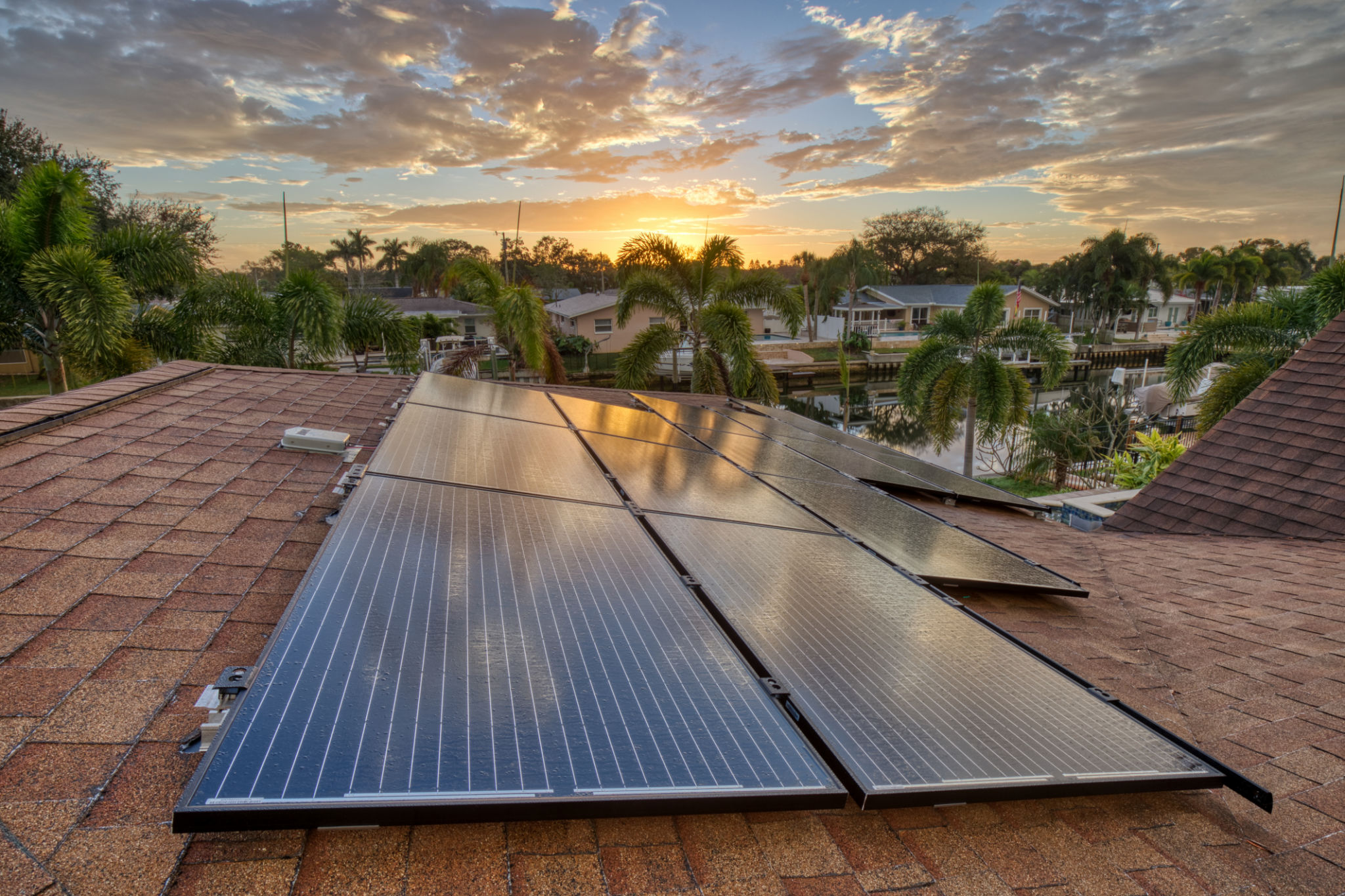How Seasonal Changes Affect Solar Panel Efficiency in Florida
Understanding Solar Panel Efficiency in Florida
Florida, known as the "Sunshine State," offers an ideal environment for harnessing solar energy. However, many residents may wonder how seasonal changes impact solar panel efficiency. Understanding these effects is crucial for maximizing energy production and ensuring optimal performance throughout the year.
Solar panels rely on sunlight to generate electricity, making weather patterns and seasonal changes significant factors in their overall efficiency. While Florida enjoys abundant sunshine, there are still variations that can affect solar output.

The Impact of Temperature on Solar Panels
While it might seem counterintuitive, higher temperatures can reduce the efficiency of solar panels. As temperatures rise, the semiconductor materials in the panels become less effective at converting sunlight into electricity. Therefore, during Florida's hot and humid summers, solar panel efficiency may experience a slight decline.
To mitigate this effect, modern solar panels are designed to handle higher temperatures better. Additionally, proper installation with adequate ventilation can help maintain performance levels even on the hottest days.
Seasonal Sunlight Variations
Seasonal sunlight variations also play a role in solar panel efficiency. During the summer months, Florida experiences longer days and more direct sunlight, which generally boosts energy production. Conversely, winter brings shorter days and a lower sun angle, potentially reducing the amount of sunlight that reaches the panels.
Despite these fluctuations, Florida's winter still provides ample sunlight compared to northern regions, ensuring that solar panels continue to produce a significant amount of energy year-round.

The Role of Weather Patterns
Weather patterns such as rain and cloud cover also affect solar panel efficiency. Florida's rainy season, typically from May to October, can result in reduced sunlight exposure due to cloud coverage. However, modern solar panels are designed to capture diffuse light, allowing them to generate electricity even on cloudy days.
Rain also serves a beneficial purpose by naturally cleaning the panels, removing dust and debris that might accumulate and impede efficiency over time.
Maximizing Solar Panel Efficiency
To ensure optimal performance, regular maintenance is essential. Cleaning the panels periodically to remove any buildup of dirt or debris can enhance their efficiency. Additionally, scheduling professional inspections can help identify and address any potential issues before they affect energy production.
- Install panels at the correct angle to maximize sunlight exposure.
- Ensure proper ventilation to prevent overheating.
- Monitor energy output regularly to detect any anomalies.

Embracing Solar Energy in Florida
Despite the seasonal variations in solar panel efficiency, Florida remains an excellent location for solar energy production. The state's abundant sunshine ensures that residents can enjoy significant energy savings and reduce their carbon footprint throughout the year.
By understanding how seasonal changes affect solar panel performance and taking steps to optimize their efficiency, Florida homeowners can continue to benefit from this sustainable energy source. Embracing solar technology not only provides environmental benefits but also offers long-term financial advantages.
